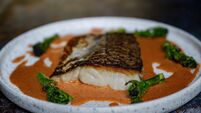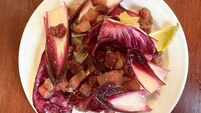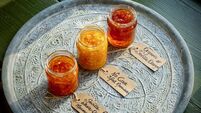Derval O'Rourke: Mark your calendar for Veganuary

This time of year, people are often looking at new ways to approach their health and wellness. It’s the time when people are setting their goals and intentions for the 12 months ahead. Interestingly, 2020 had a record amount of people join in on the ‘Veganuary movement’ — nearly 400,000 people signed up for the challenge.






